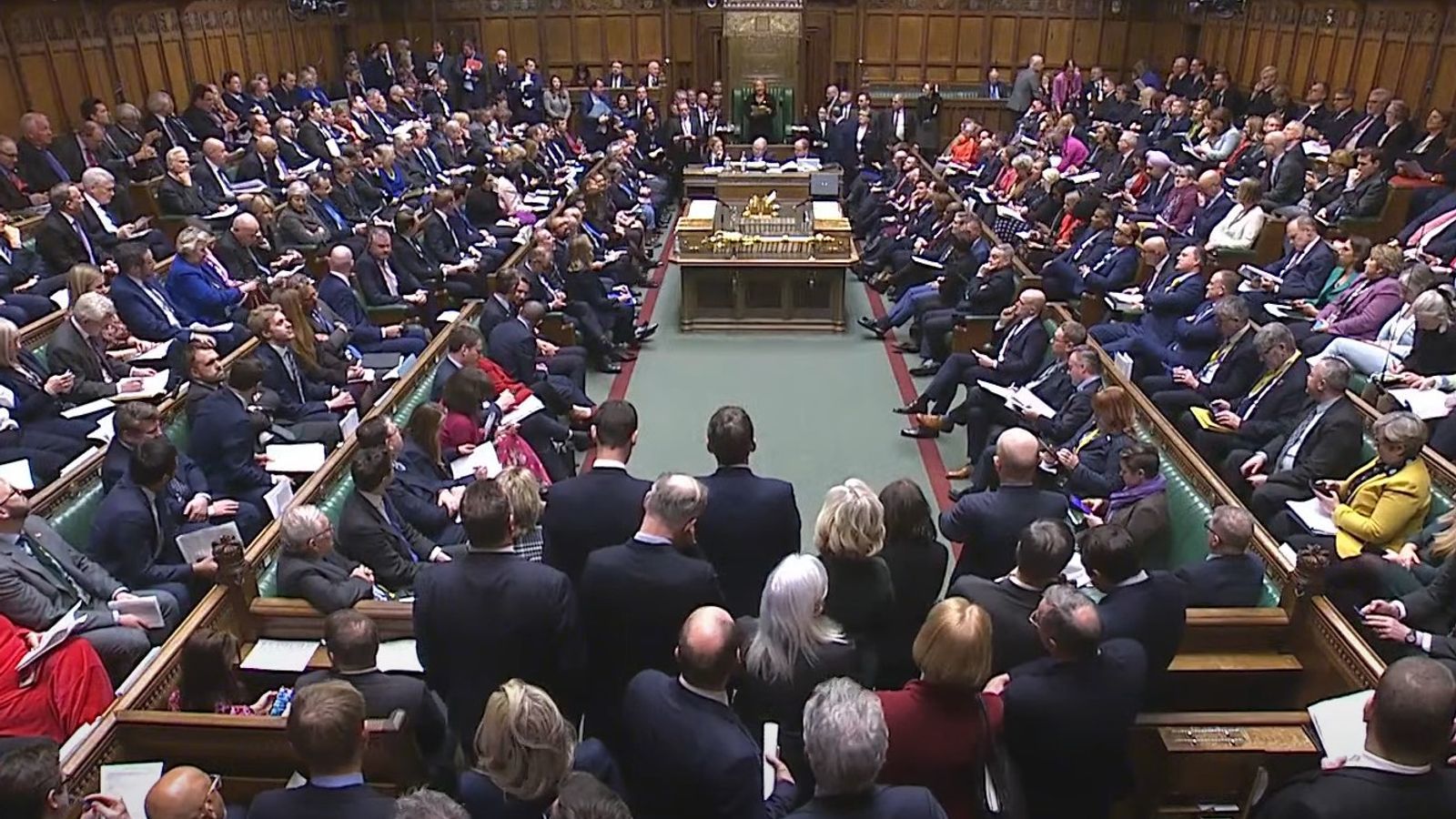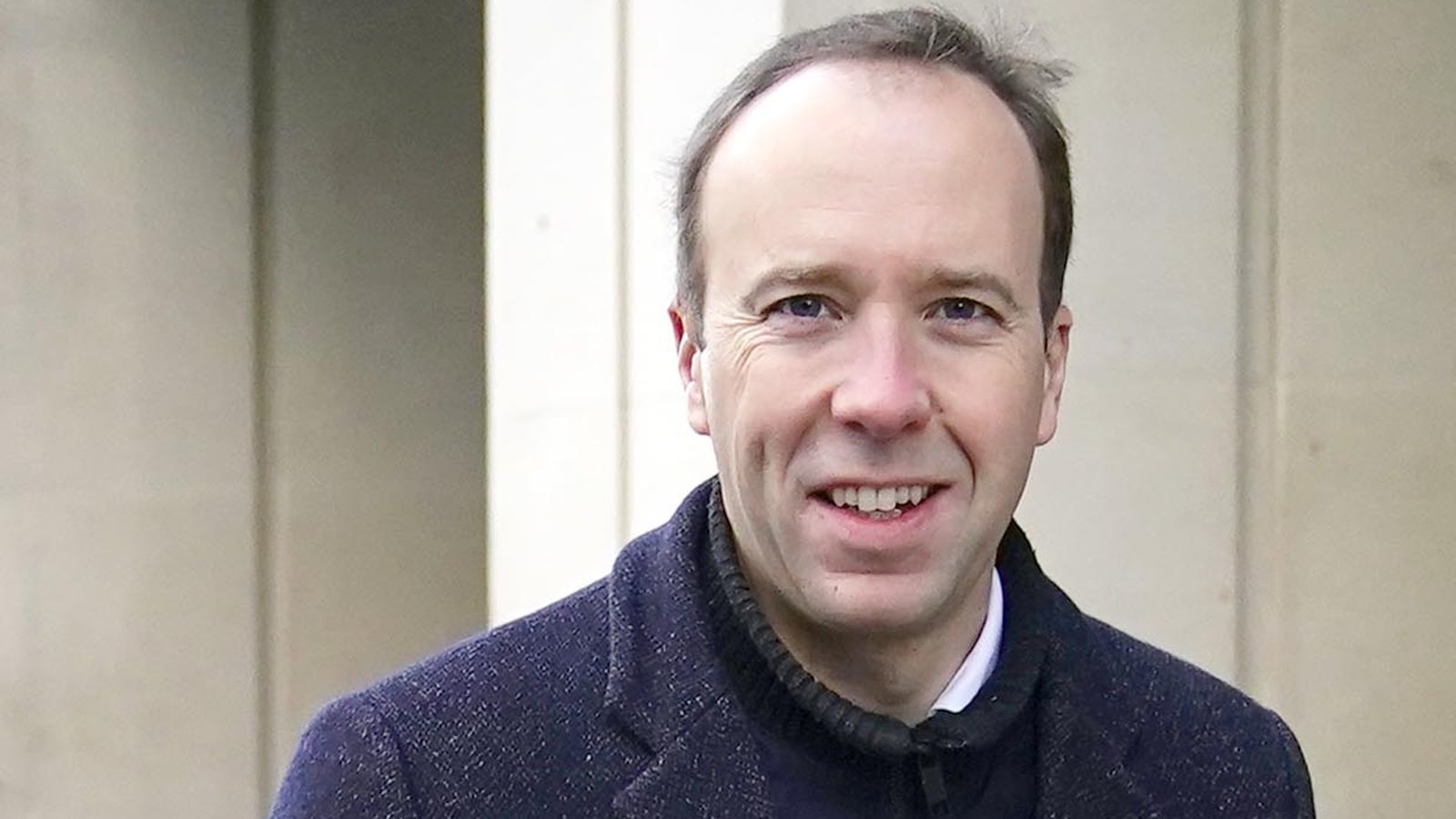
Why is Rishi Sunak being investigated over wife's shares and could the PM be suspended?
The prime minister is under investigation by the standards commissioner over a possible failure to declare an interest.
Sky News looks at what this means and what could be the fallout for Rishi Sunak and his government.
What is Rishi Sunak being investigated for?
Downing Street sources say the inquiry relates to shares held by the prime minister's wife in the company Koru Kids - an agency that will likely benefit from government plans to incentivise people to become childminders.
The allegation is, essentially, that Mr Sunak was not transparent enough about the connection he has - through his wife - to a firm that would benefit from a government policy.
When did this breach happen?
It is hard to know exactly as the standards commissioner gives few details but it is likely the inquiry will look at an appearance the prime minister made at the liaison committee in March.
While being questioned about the incentives being offered to childcare agencies, Mr Sunak was asked if there was anything he wanted to declare.
He replied: "No, all of my disclosures are declared in the normal way."
The prime minister later wrote to the committee acknowledging the shares held by his wife.
But part of this standards inquiry may focus on whether this information should have been flagged up more clearly during the committee hearing.
 Rishi Sunak and his wife Akshata Murty at a health hub in Cornwall in February
Rishi Sunak and his wife Akshata Murty at a health hub in Cornwall in FebruaryWhat do the rules say?
This investigation relates to paragraph six of the MPs' code of conduct.
This part of the rulebook states that MPs should be "open and frank in declaring any relevant interest in any proceeding of the House or its committees".
Making a declaration is different to registering an interest and involves flagging up relevant information during parliamentary proceedings.
This is usually done by verbally stating what the interest is or advising that a relevant interest is listed on a text register.
In terms of what counts as a "relevant interest" that needs declaring, the code says it does include "indirect financial interests, such as the financial interests of a spouse or partner".
The rules exist so there is transparency about any private links politicians may have that could be seen to influence their actions in office.
What could happen to the prime minister after the investigation?
The standards commissioner, currently the lawyer Daniel Greenberg CB, is the official watchdog responsible for monitoring the MPs' code of conduct and investigating potential breaches.
He will investigate and decide if Mr Sunak has broken the code.
If he concludes he has but the breach is at the less serious end of the spectrum, then he can conclude the matter through what is known as the "rectification process".
This is a more private process where the MP acknowledges and apologises for the breach and outlines the steps they are taking to make sure it does not happen again.
More serious matters can be passed to the committee on standards, a group made up of MPs and lay members who will reach their own conclusion on the breach, and potentially recommend a sanction.
In theory, these can range from an apology on the floor of the Commons right up to a suspension from the house. Any sanction would have to be approved by MPs.
Could the prime minister be suspended from the Commons?
In theory, yes. But while it is hard to predict what will happen without knowing the specifics, looking back at previous sanctions that have been handed down suggests MPs whose only breach is a failure to register or declare an interest generally are not suspended.
Apologies to the house are more common.
However, as Mr Sunak eventually set out the interest in his letter to the liaison committee, the commissioner may be more lenient and choose to resolve any breach through his own process.
That said, the current commissioner is relatively new and so we really have little idea of how he will choose to address a matter that relates to the most senior member of the government.
 The PM could be suspended from the House of Commons but it is more likely he will have to apologise
The PM could be suspended from the House of Commons but it is more likely he will have to apologiseShould the PM have registered this interest in writing?
Not on the MPs' register of interests. The code of conduct for members only requires financial interests like this to be declared when relevant, rather than registered.
However, there is another register that MPs who are ministers have to fill out and this is stricter when it comes to relevant interests connected to spouses, partners or close family members.
Mr Sunak's letter to the liaison committee suggests his wife's shares may well appear on this register as Number 10 say it has been flagged to the Cabinet Office.
The issue is that the most recent copy of this register was published in May 2022 and so more recent interests lodged by ministers have not yet been made public. Downing Street says the updated register will be released shortly.
What political impact could this have?
A lot of this will clearly hinge on whether Mr Sunak is found to have broken the rules or not and what sanction - if any - he is handed.
But still, headlines about more potential breaches of the rulebook will not be welcomed by Downing Street.
 Former health secretary Matt Hancock is one of six Tory, or former Tory MPs being investigated by the commissioner
Former health secretary Matt Hancock is one of six Tory, or former Tory MPs being investigated by the commissioner
The standards commissioner is now looking into six MPs for possible breaches of the rules. All of them are either sitting Tory MPs, or former Tory MPs currently suspended from the party.
Given this, it is not surprising opposition parties are using this inquiry to rekindle allegations of "Tory sleaze" and have accused the prime minister of failing in his promise to restore integrity to politics.
There is another political risk for Mr Sunak though. Critics have accused the prime minister of being "out of touch" because of his wealth and the wealth of his family.
Given this, more stories about the financial interests of those close to him have the potential to wound Mr Sunak on a vulnerable political front.











